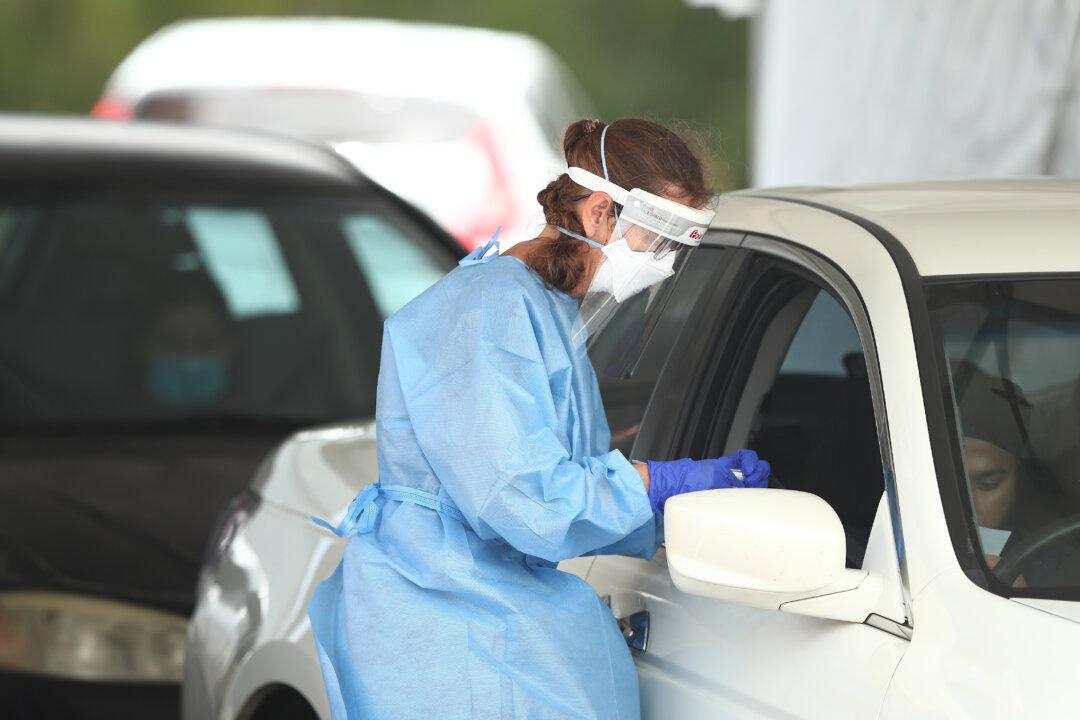Australia’s health system has spent nearly $50 billion on COVID-19, a new report has revealed, while the authorities warn of a “plunge” in vaccination rates and urge the public to close the gap.
A total of $47.9 billion (US$32 billion), or 7.2 percent of overall health spending was billed in the response to COVID-19 in Australia between 2019-20 and 2021-22, according to the Australian Institute of Health and Welfare (AIHW).




